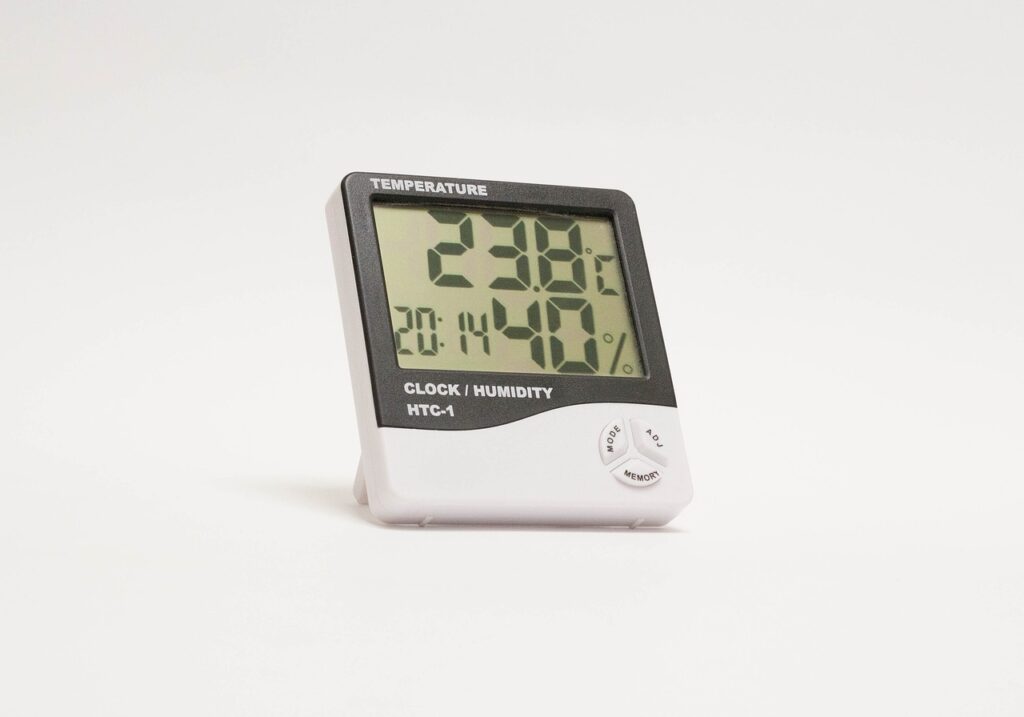Winter brings cozy nights by the fire, hot chocolate, and festive celebrations, but it also brings dry, cold air that can take a toll on our bodies. One of the best ways to combat the effects of winter’s dry air is by using a humidifier. While most people associate humidifiers with cold and flu relief, they can also be a lifesaver for your skin, sinuses, and overall comfort during the colder months. Here’s why adding a humidifier to your winter routine can make a world of difference.
Why Winter Air is So Dry
As temperatures drop, the air holds less moisture. Cold winter air outside, combined with the heating systems we rely on indoors, leads to a drop in humidity levels. This dry air can affect both your home and your health, resulting in dry skin, irritated sinuses, and even static electricity buildup in fabrics.
A humidifier helps to restore moisture in the air, making your indoor environment more comfortable. Whether you use it in the bedroom, living room, or any high-traffic area, the benefits of a humidifier go beyond just making the air feel less dry—it can improve your health and well-being during the winter season.
How a Humidifier Can Help During Winter
- Relieving Dry Skin and Lips
One of the most noticeable effects of winter’s dry air is its impact on your skin. Cold weather combined with indoor heating can strip your skin of moisture, leading to dryness, flakiness, and even cracking. Lips, in particular, are prone to becoming chapped and painful as the moisture levels in the air drop.
A humidifier adds moisture back into the air, which in turn helps your skin stay hydrated. This can prevent or alleviate common issues like itchy, flaky skin and cracked lips. For those who suffer from conditions like eczema or psoriasis, maintaining proper humidity levels can be especially important in preventing flare-ups.
Adding a humidifier to your bedroom at night ensures your skin can soak in the moisture while you sleep, giving it a better chance to repair and stay soft, even in the harshest weather.
- Soothing Sinuses and Reducing Congestion
Dry air doesn’t just affect your skin—it can also take a toll on your respiratory system. When the air lacks moisture, it can dry out the mucous membranes in your nasal passages and sinuses. This can lead to discomfort, sinus headaches, and a higher likelihood of getting sick, as the mucus that normally traps bacteria and allergens is less effective in dry conditions.
Humidifiers help keep your nasal passages moist, making it easier to breathe and reducing the risk of sinus irritation. For those prone to wintertime colds or allergies, using a humidifier can also help alleviate symptoms like congestion, coughing, or post-nasal drip. By adding moisture to the air, humidifiers support your body’s natural defense system, keeping your sinuses in better shape during the cold months.
- Preventing Nosebleeds
Frequent nosebleeds are a common issue in winter, especially in environments where the air is excessively dry. The nasal passages can become so dry that the delicate blood vessels inside your nose crack and bleed. For people prone to nosebleeds, a humidifier can provide much-needed relief by ensuring that the air retains enough moisture to prevent the nasal passages from drying out. - Reducing the Risk of Sore Throats
Waking up with a scratchy, sore throat during winter is often the result of breathing in dry air all night. This can be exacerbated if you’re prone to mouth breathing or have a cold. Dry air irritates the lining of the throat, which can leave you feeling uncomfortable as soon as you wake up.
Using a humidifier in your bedroom can keep your throat moist, reducing the chances of waking up with soreness or discomfort. It’s particularly beneficial for those who suffer from sleep apnea or snore at night, as dry air can further aggravate these conditions.
- Protecting Wooden Furniture and Floors
It’s not just your body that suffers from dry winter air—your home can feel the effects, too. Dry air can cause wooden furniture, floors, and even musical instruments to crack or warp over time as the moisture within the wood evaporates. A humidifier helps maintain the proper humidity levels in your home, protecting these items from damage and ensuring they last longer.
Additionally, maintaining balanced humidity levels can reduce static electricity buildup, which is often an annoying side effect of dry indoor air. You’ll notice less static in your clothes and hair, and fewer shocks when touching metal objects.
- Improving Sleep Quality
Moist air is easier to breathe, and a humidifier can contribute to better overall sleep quality during the winter. Dry air can cause nasal congestion and irritation, making it harder to fall asleep or stay asleep comfortably. If you’re congested, you may also be more prone to snoring, which can disrupt your sleep or your partner’s.
By keeping the air moist, a humidifier helps open nasal passages, reduces snoring, and makes it easier to breathe through your nose while sleeping. This can lead to deeper, more restful sleep and fewer interruptions due to respiratory discomfort.
Choosing the Right Humidifier for Winter
There are a few different types of humidifiers available, and the right one for you will depend on your specific needs:
Cool Mist Humidifiers: These release a cool vapor into the air, making them a good choice for larger spaces or households with children, as they don’t get hot to the touch.
Warm Mist Humidifiers: These release a warm mist by heating the water before it’s dispersed. They’re great for smaller spaces and can help make a room feel warmer in the winter.
Ultrasonic Humidifiers: These models use ultrasonic vibrations to create a fine mist. They are often quieter than other models, making them ideal for bedrooms.
Ensure you choose a humidifier that’s appropriate for the size of the room, and be mindful of keeping the unit clean to prevent the growth of mold or bacteria.
Final Thoughts
Winter’s dry air can cause discomfort for both your body and your home, but a humidifier offers a simple, effective solution. From soothing dry skin and sinuses to improving sleep quality and protecting your furniture, adding moisture back into the air can make winter much more manageable. By investing in a good-quality humidifier, you’ll enjoy a more comfortable and healthier indoor environment throughout the colder months.

